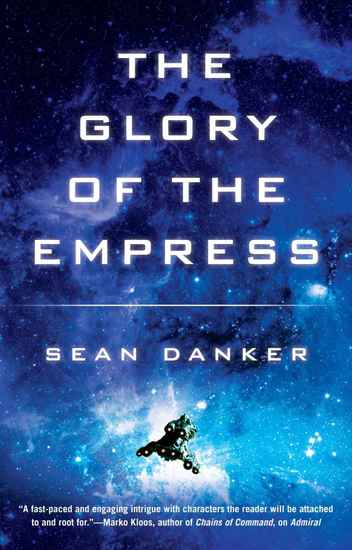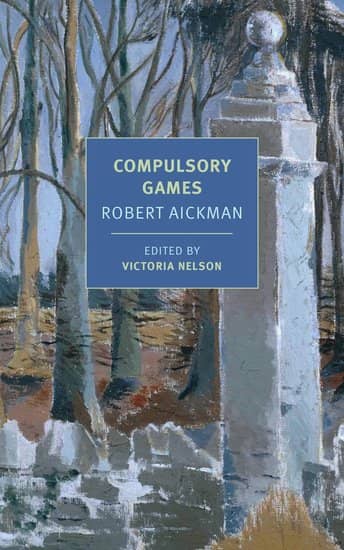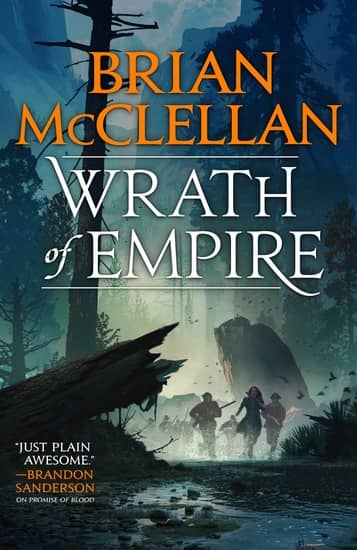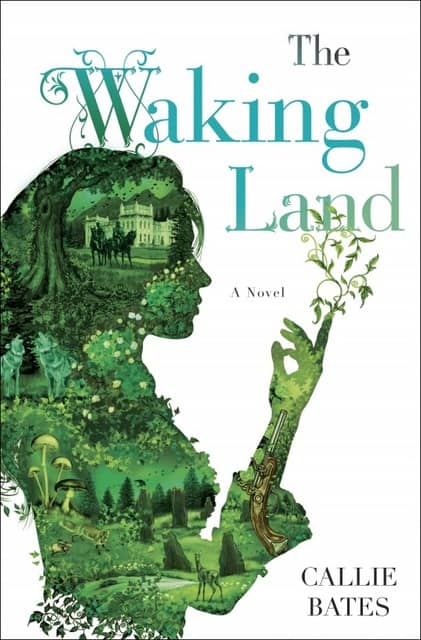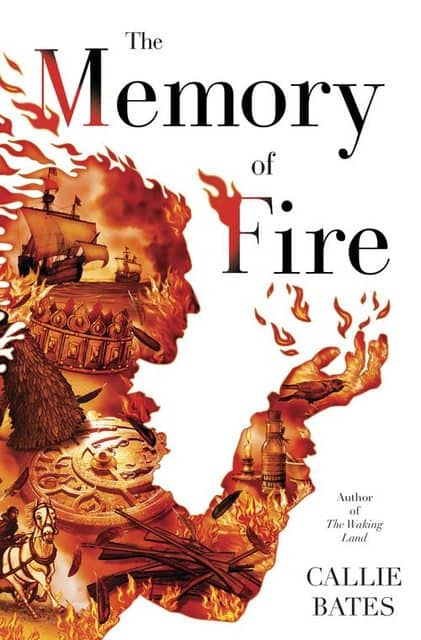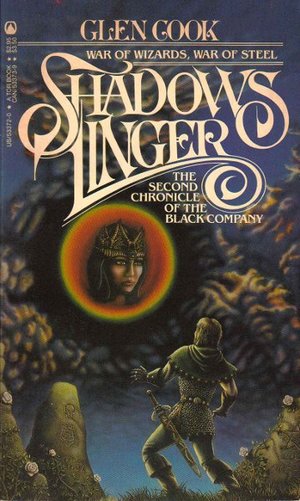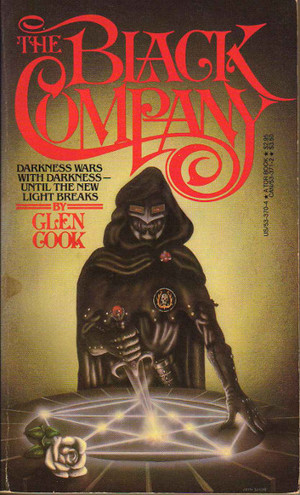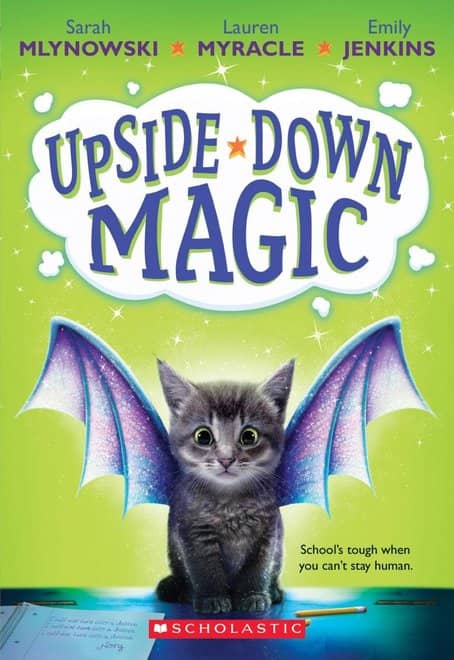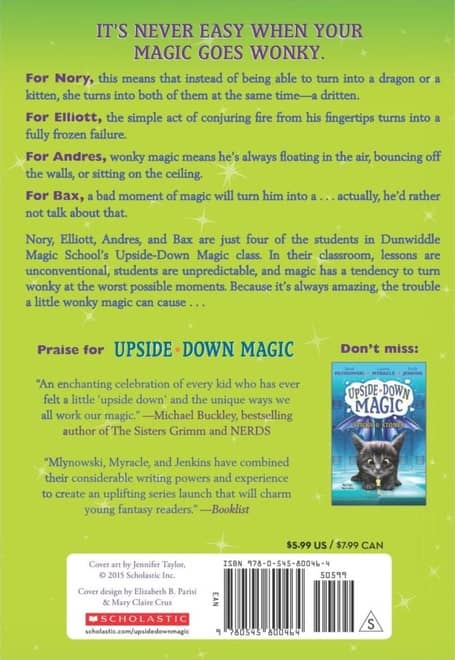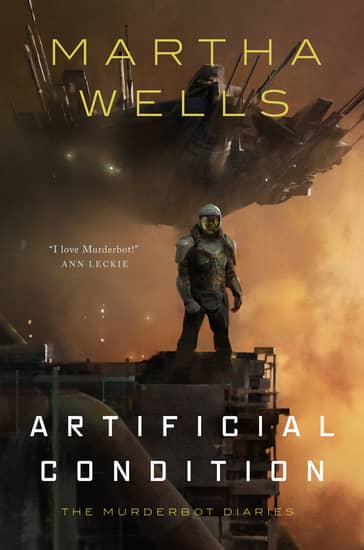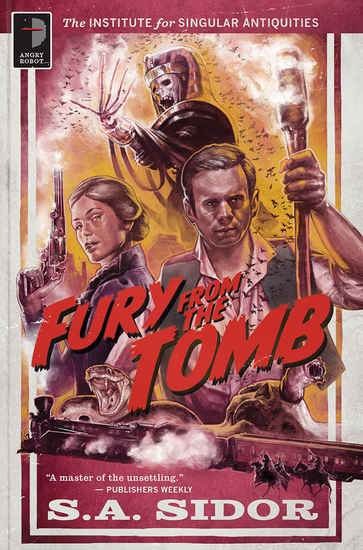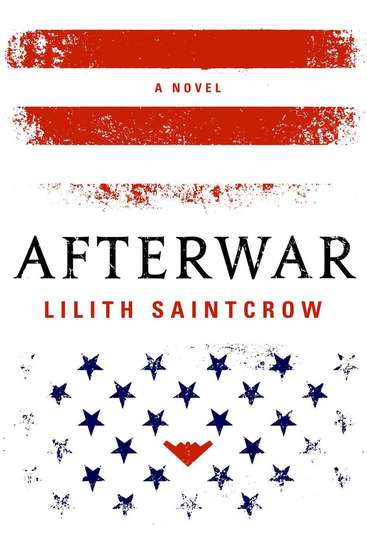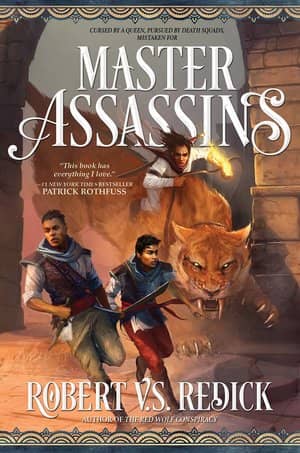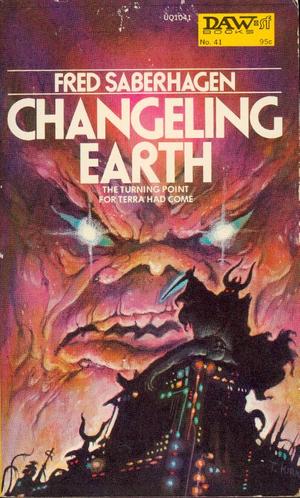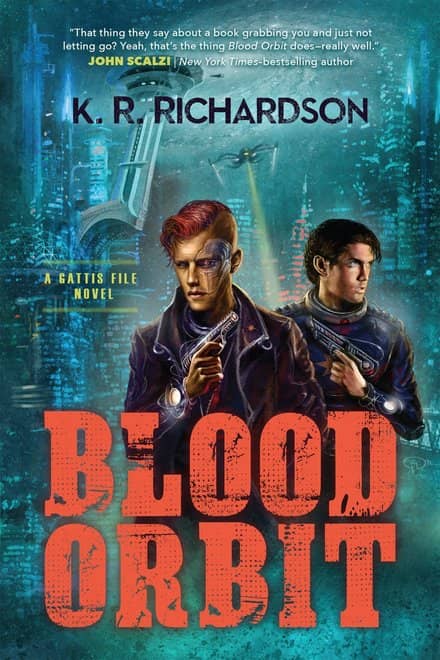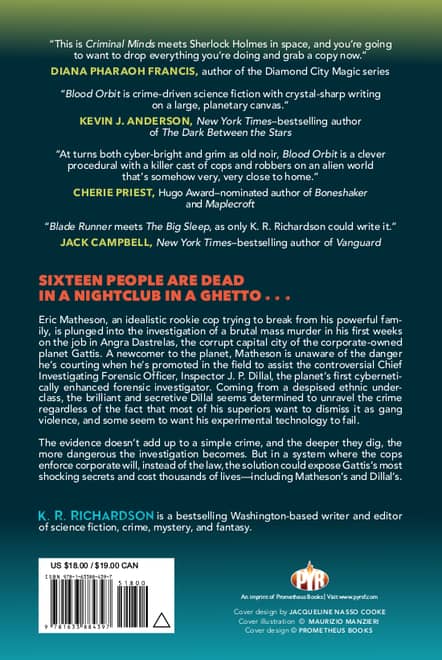The Final Battle Comes: The White Rose by Glen Cook
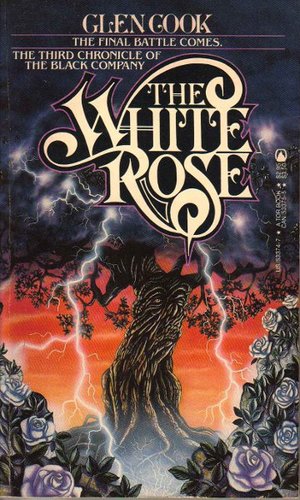 With The White Rose (1985), Glen Cook brought the original Black Company trilogy to an end. Taking place six years after the escape of the Black Company’s survivors in Shadows Linger, TWR contains three distinct stories. The foremost is Croaker’s account of the final days of the rebellion led by the White Rose against the Empire of the Lady. The second concerns the mysterious Corbie’s efforts to uncover what is happening in the Barrowlands where the Dominator, the North’s erstwhile Dark Lord and husband of the Lady, remains trapped. Finally, jumping back in time nearly a century, Cook presents the story of Bomanz, the wizard who released the Lady and her servitors from their shackles in the first place.
With The White Rose (1985), Glen Cook brought the original Black Company trilogy to an end. Taking place six years after the escape of the Black Company’s survivors in Shadows Linger, TWR contains three distinct stories. The foremost is Croaker’s account of the final days of the rebellion led by the White Rose against the Empire of the Lady. The second concerns the mysterious Corbie’s efforts to uncover what is happening in the Barrowlands where the Dominator, the North’s erstwhile Dark Lord and husband of the Lady, remains trapped. Finally, jumping back in time nearly a century, Cook presents the story of Bomanz, the wizard who released the Lady and her servitors from their shackles in the first place.
Under the leadership of Darling — revealed at the end of The Black Company to be the foretold champion, the White Rose — the rebellion consists mostly of spies scattered across the empire and a few dozen veterans holed up in caves in the middle of the Plain of Fear. The plain is an exotically magic-infused region where menhirs talk and move on their own and giant manta-like beasts fly from their roosts on the backs of thousand-foot-long windwhales. Those and lots of other strange things all bow down to the voiceless direction of Old Father Tree.
Sagey scents trickled across my nostrils. Air chuckled and whispered and murmured and whistled in the coral. From farther away came the wind-chimes tinkle of Old Father Tree.
He is unique. First or last of his kind, I do not know. There he stands, twenty feet tall and ten thick, brooding beside the creek, radiating something akin to dread, his roots planted on the geographical center of the Plain. Silent, Goblin, and One-Eye have all tried to unravel his significance. They have gotten nowhere. The scarce wild human tribesmen of the Plain worship him. They say he has been here since the dawn. He does have that timeless feel.
With the protection of the denizens of the Plain, the rebellion has survived. Now, though, even there its survival is in doubt. After two years of neglect, the Lady has ordered a massive assault on the Plain, surrounding it with five armies under the leadership of the Company’s greatest enemy, Limper. The only surviving member of the original Taken, victim of several plots led by the Company, and left for dead at the end of Shadows Linger, his hatred for them is boundless.
The only hope for the Company lies in discovering the Lady’s true name. Equipped with it, even the relatively minor wizards of the Black Company would be able to strip her of her powers. Long ago the Company captured — and lost — a cache of papers that might have contained that secret. Soon a race to recover those papers becomes central to any hope for the Company’s and the rebellion’s survival.
The account of Corbie’s detective work serves as the connector between the past and the present. Endeavoring to find out how the Dominator is attempting to free himself, Corbie must uncover the true nature of Bomanz’s own explorations. Secretly, he begins sending his findings to Croaker to help the Company.
